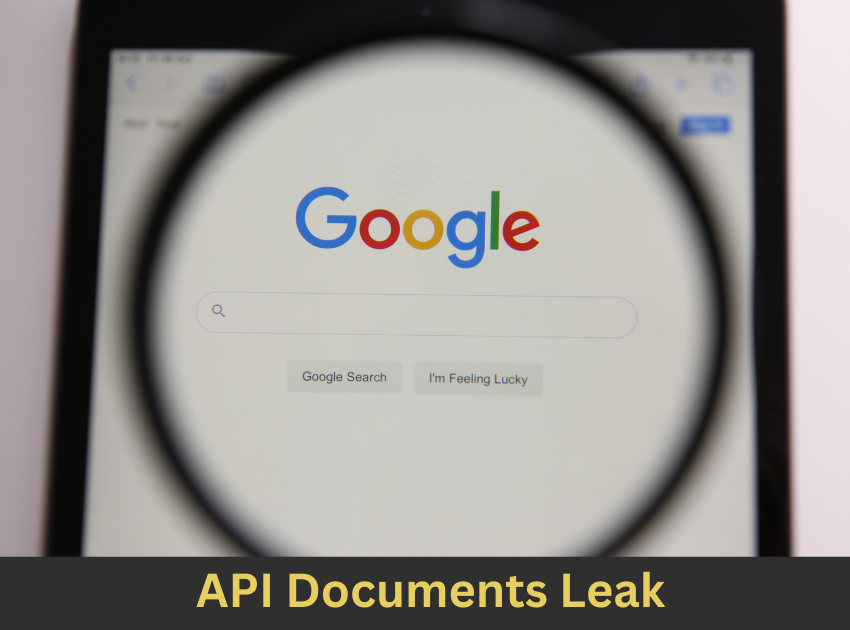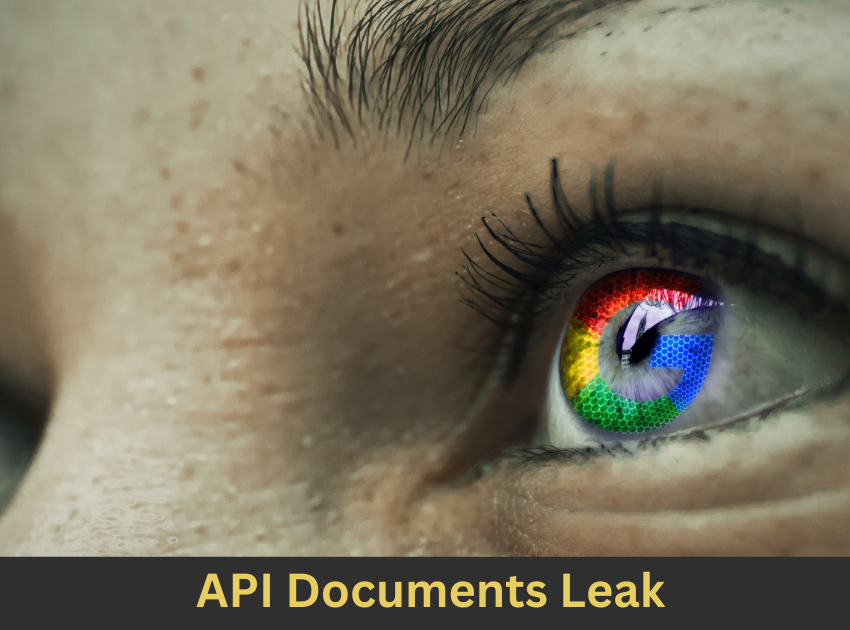Local SEO According to Leaked Google API Documents

At ClickReady Marketing, we're here to provide you with top-quality SEO service packages that improve your online presence and achieve real results. Our knowledge covers many areas of SEO, including leaked Google API documents that reveal how local search rankings work. This rare look inside Google Search offers valuable information about how their ranking system operates.
Insights from Leaked Google API Documents
Prominence- Prominence means how well a “GConcept” (type of business or business category) describes a feature. For example, a gas station that also has a convenience store and ATM will have one main category marked as the most important. To improve your rankings, think about your primary and secondary business categories.
Gobi Sites- “Gobi” refers to websites that should be boosted for specific category searches. Subdomains from these main sites might not get the same boost. This suggests that for big, multi-topic sites, creating separate domains for different segments could prevent issues and improve SEO.
Sitelinks and Breadcrumbs-
The number of webpages containing a URL in their breadcrumbs affects the appearance of sitelinks in search engine results pages (SERPs). To increase visibility through sitelinks, make sure your URLs are consistently included in breadcrumbs across your site.
Additional Insights from Google Search Document Leak
Links Matter- Even though Google has sometimes said links aren't very important, the leaked documents confirm that links are still crucial for ranking. Link diversity and relevance are key factors, and PageRank remains an important part of Google's ranking features, especially for a website's homepage.
Successful Clicks- Creating great content and user experiences is essential for ranking well. Google measures various types of clicks to understand user interaction and satisfaction, including badClicks, goodClicks, lastLongestClicks, and unsquashedClicks. Additionally, longer documents might get cut short, while shorter content is scored based on originality and relevance.
Twiddlers and Demotions- Twiddlers are re-ranking functions that adjust the information retrieval score of a document or change its ranking. Content can be demoted for reasons like mismatch of links to target sites, user dissatisfaction shown by SERP signals, poor product reviews, location irrelevance, and exact match domains.
Freshness and Core Topics- Google values freshness, which is assessed through dates in the byline, URL, and on-page content. Determining whether a document aligns with the core topic of a website involves accelerating pages and comparing page embeddings to site embeddings. The site focus score shows how much the site sticks to a single topic, while the site radius measures how far a page goes outside the core topic based on site vectors.
Brand and Entities- Building a notable, popular, well-recognized brand outside of Google Search is crucial. Google also stores author information linked to content to determine if an entity is the author of a document. How Google uses this author tracking information is still unclear, but it highlights the importance of building a strong author profile.
Chrome Data and Whitelists- Google uses data from its Chrome browser for ranking purposes. Additionally, certain domains related to elections and COVID are whitelisted, meaning they get special treatment in certain situations.

Homepage PageRank and New Pages- Each document has its homepage page rank linked to it, likely used as a proxy for new pages until they capture their own page rank. Both this and site authority are considered proxies until new pages have their own page rank calculated. This, along with the QDF (Query Deserves Freshness) algorithm, might explain why many new pages rank well at first and then drop down later.
When Google surfaces data for comparison by retrieving document information, only the most recent twenty versions of the page are considered. This shows the need to frequently update pages and have them reindexed to get a “clean slate” in Google’s eyes.
Date Consistency- Google places a strong focus on fresh results, trying to link dates with pages through:
- bylineDate: The set date on the page.
- syntacticDate: Extracted date from the URL or title.
- semanticDate: Date derived from the content of the page.
To ensure top performance, it's important to set a date and keep it consistent across structured data, page titles, and XML sitemaps. Conflicting dates in the URL and on-page elements can lead to lower content performance.
Page Versions- Google considers only the most recent twenty versions of a page when comparing and surfacing data. This emphasizes the importance of regularly updating your content and making sure it gets reindexed, which can help reset your page's standing in Google's eyes.
Ranking Systems and Modules- The leaked documentation reveals several ranking systems and modules used by Google, such as Crawling Trawler, Indexing Alexandria, and Ranking Mustang. These systems feature various attributes related to ranking signals, content scoring, link analysis, and user behavior.
Authorship and Content Metrics- Google emphasizes the importance of authorship, original content, keyword relevance, and user engagement metrics in their ranking systems. They track font size, anchor text, token count, page titles, and other content-related metrics to assess quality and relevance. Using embeddings, semantic search, and site focus scores, Google determines content relevance and topical authority.
Sandboxing and Domain Age- The documentation mentions a sandboxing mechanism for fresh spam and considers site authority metrics and domain age in ranking decisions. This means newer domains might undergo a probation period before being ranked favorably.
Enhancing Your SEO Strategy
The leaked Google API documents provide invaluable insights into Google's search ranking algorithms. Key takeaways for enhancing your SEO strategy include understanding the critical role of link diversity, content freshness, and consistent date information. Also highlighted is the importance of building a strong brand and maintaining author credibility. Lastly, learning the power of branding and its vital importance to SEO can greatly impact your SEO strategy. Understanding these factors can help businesses optimize their SEO strategies and improve their online presence.




